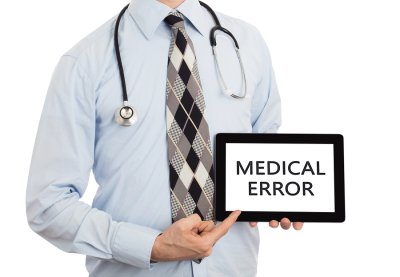News & Insights
Common Types of Anesthesia Errors
Going under anesthesia is so routine in surgery that many patients don’t realize just how dangerous it can be. But when an anesthesiologist makes a critical error, the patient may become gravely injured or even suffer wrongful death. If you or a loved one has sustained injuries as a possible result of anesthesia errors, consider talking to a medical lawyer in Annapolis, MD. Although a medical lawsuit cannot erase the damage that was inflicted, it may help compensate you for your financial losses and your pain and suffering. 
Preparation Mistakes
Since the decision to anesthetize a patient should never be taken lightly, extensive preparation is required for all but emergency cases. The medical provider must properly educate the patient regarding the importance of restricting food and water intake. Failing to do so can result in foods or liquids aspirating into the lungs. The medical provider must also take the time to thoroughly question the patient about his or her medical history. Certain anesthesia medications may be contraindicated for patients with certain allergies. Similarly, some of these medicines may interact with other drugs the patient may be taking. These are all serious examples of medical negligence.
Administration Errors
Medical negligence can also involve the improper administration of anesthesia drugs. The anesthesiologist might administer an incorrect combination of drugs or give the patient too little medicine. The latter problem can result in anesthesia awareness, in which the patient is conscious during the procedure, yet unable to move or speak. Anesthesia awareness is both physically and psychologically traumatic. On the other hand, an anesthesiologist might make the mistake of administering too high of a dosage, which might result in wrongful death.
Monitoring Deficiencies
The surgical team is expected to closely monitor the patient for the entire time that he or she is unconscious and semi-conscious. Given the dangerous nature of general anesthesia, it is critically important that the patient’s vital signs and respiration be monitored at all times. Serious injuries can occur when the patient is not properly monitored or is not given oxygen when needed.
